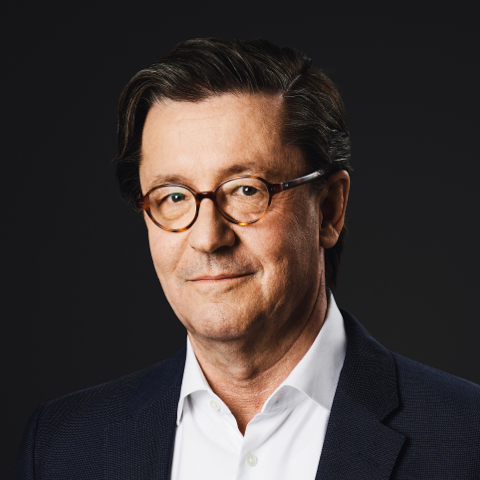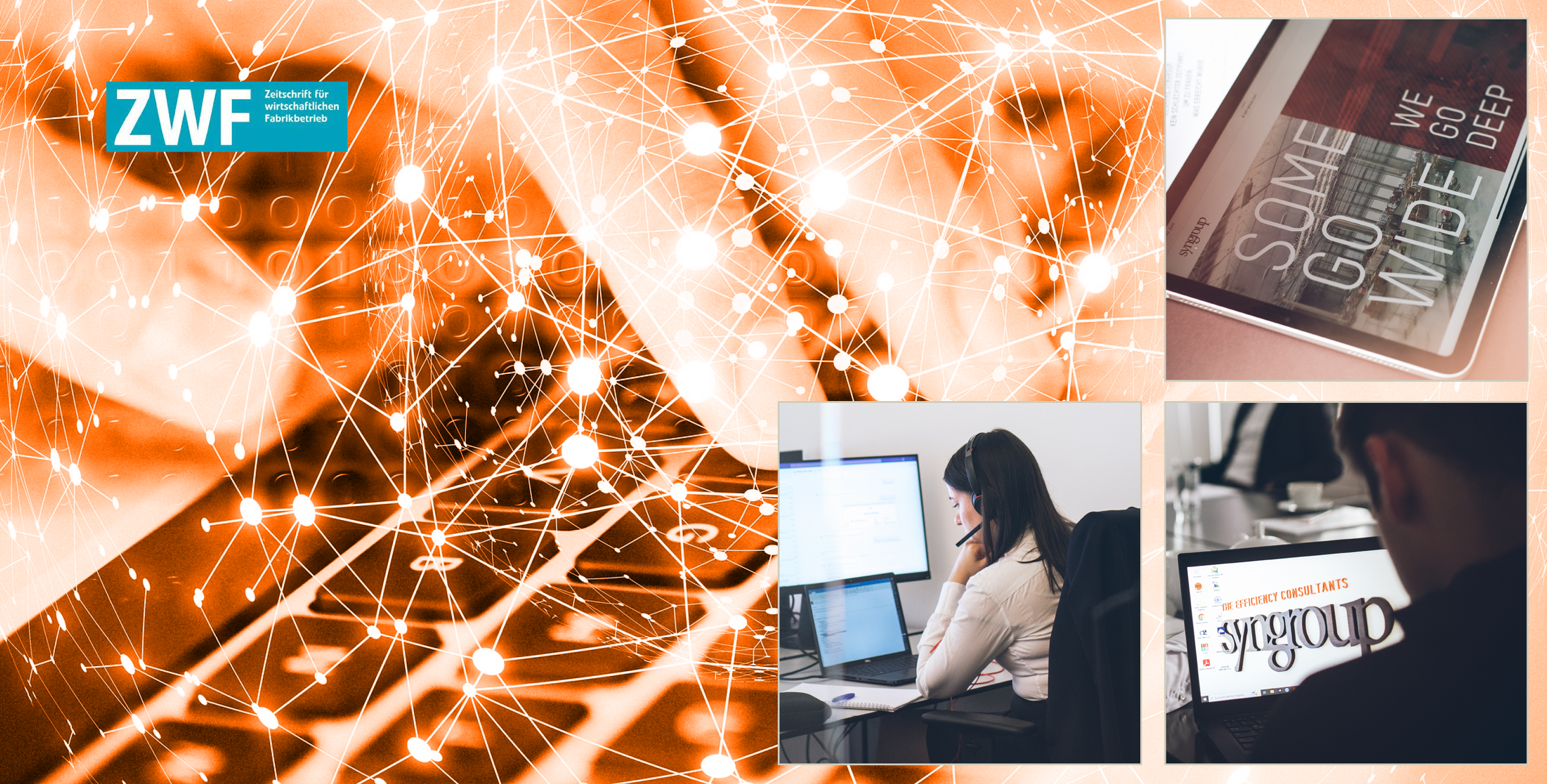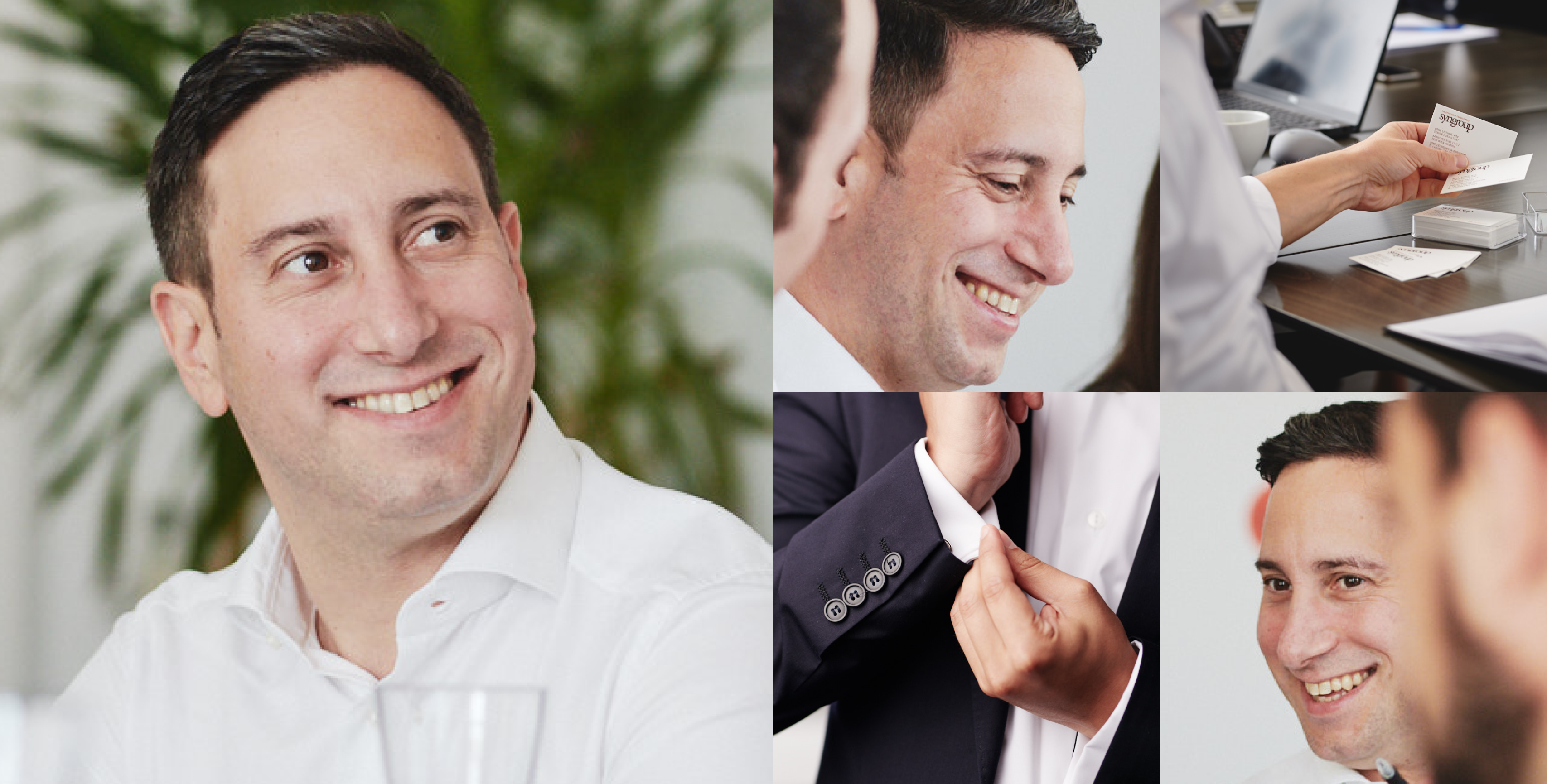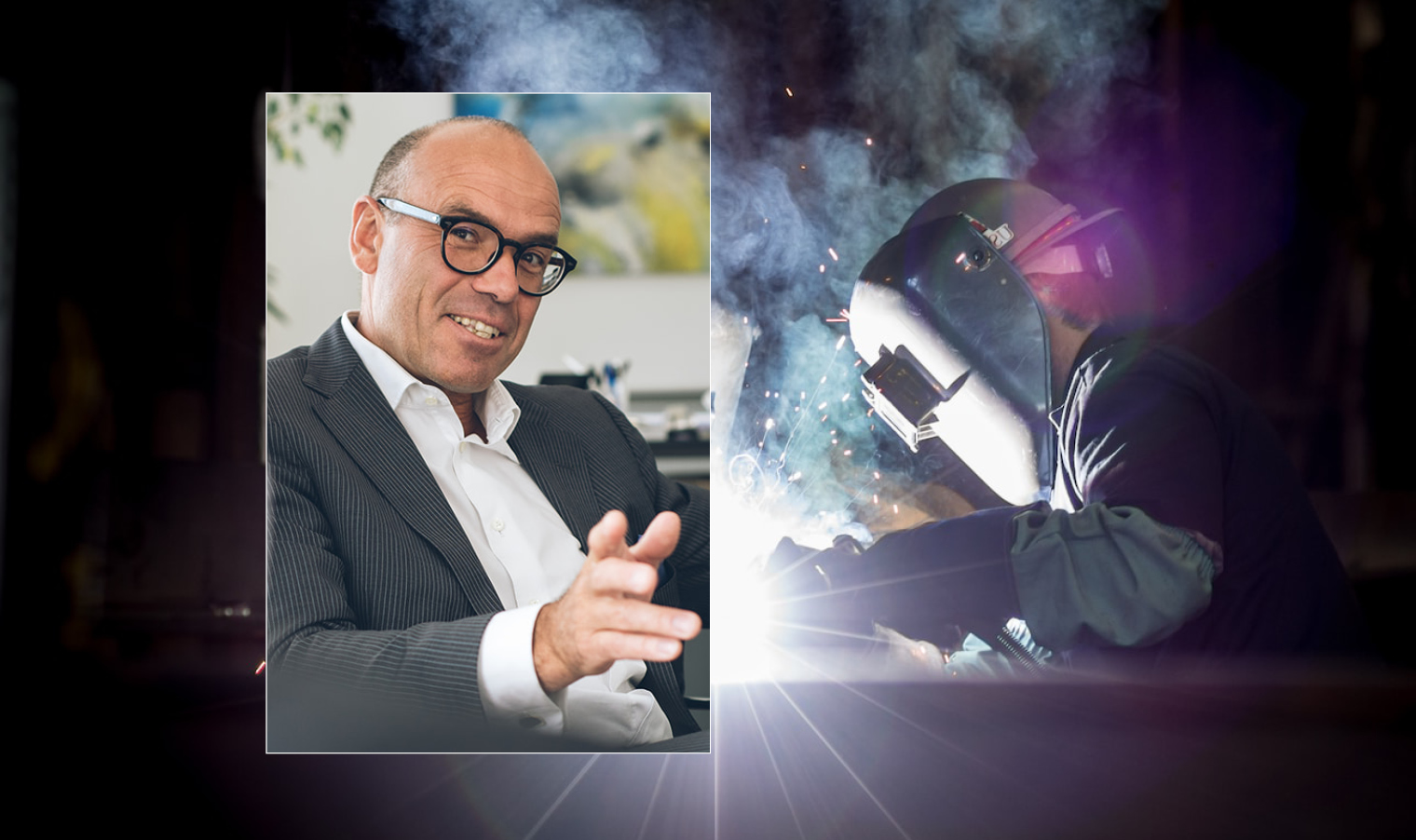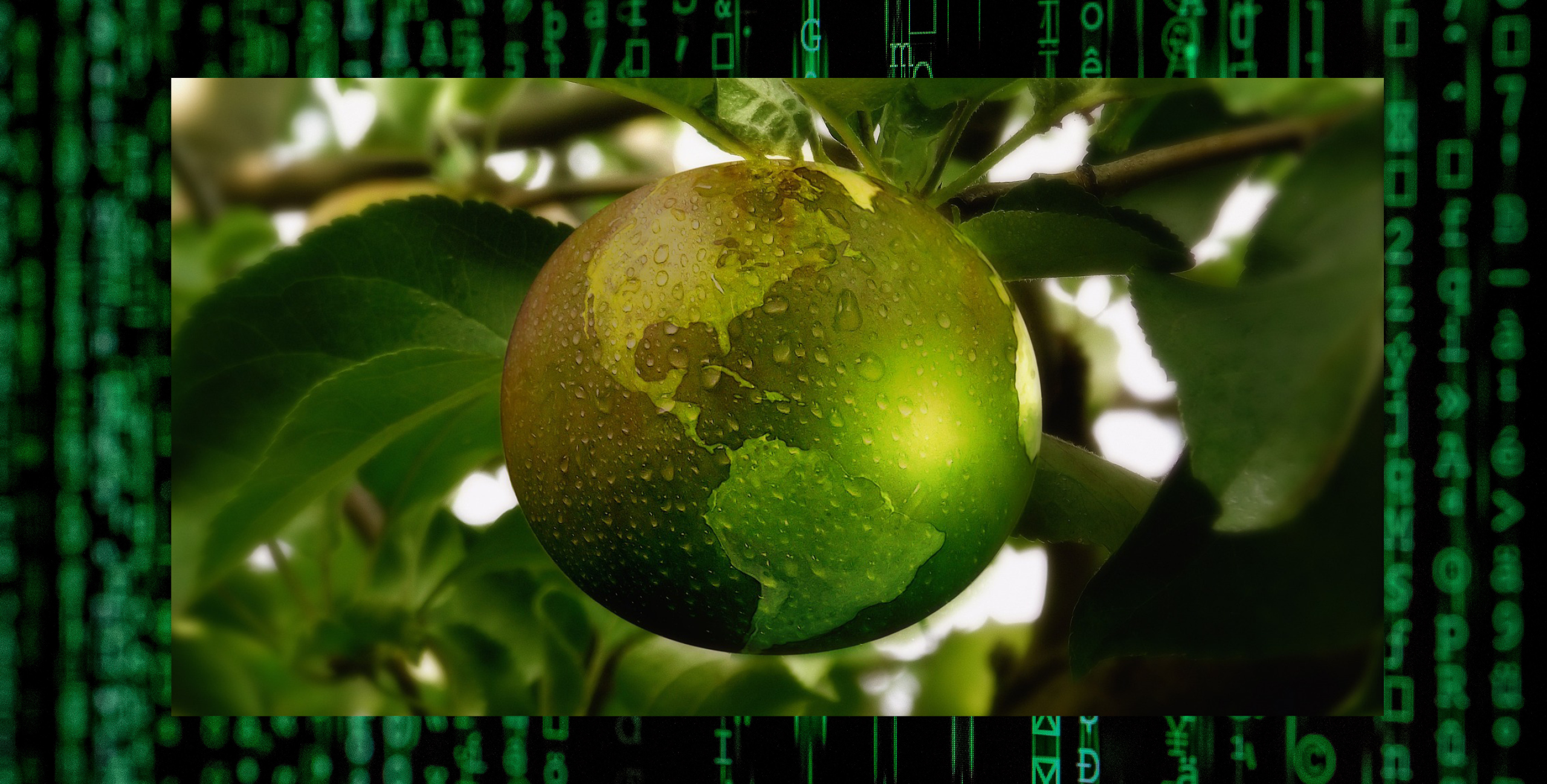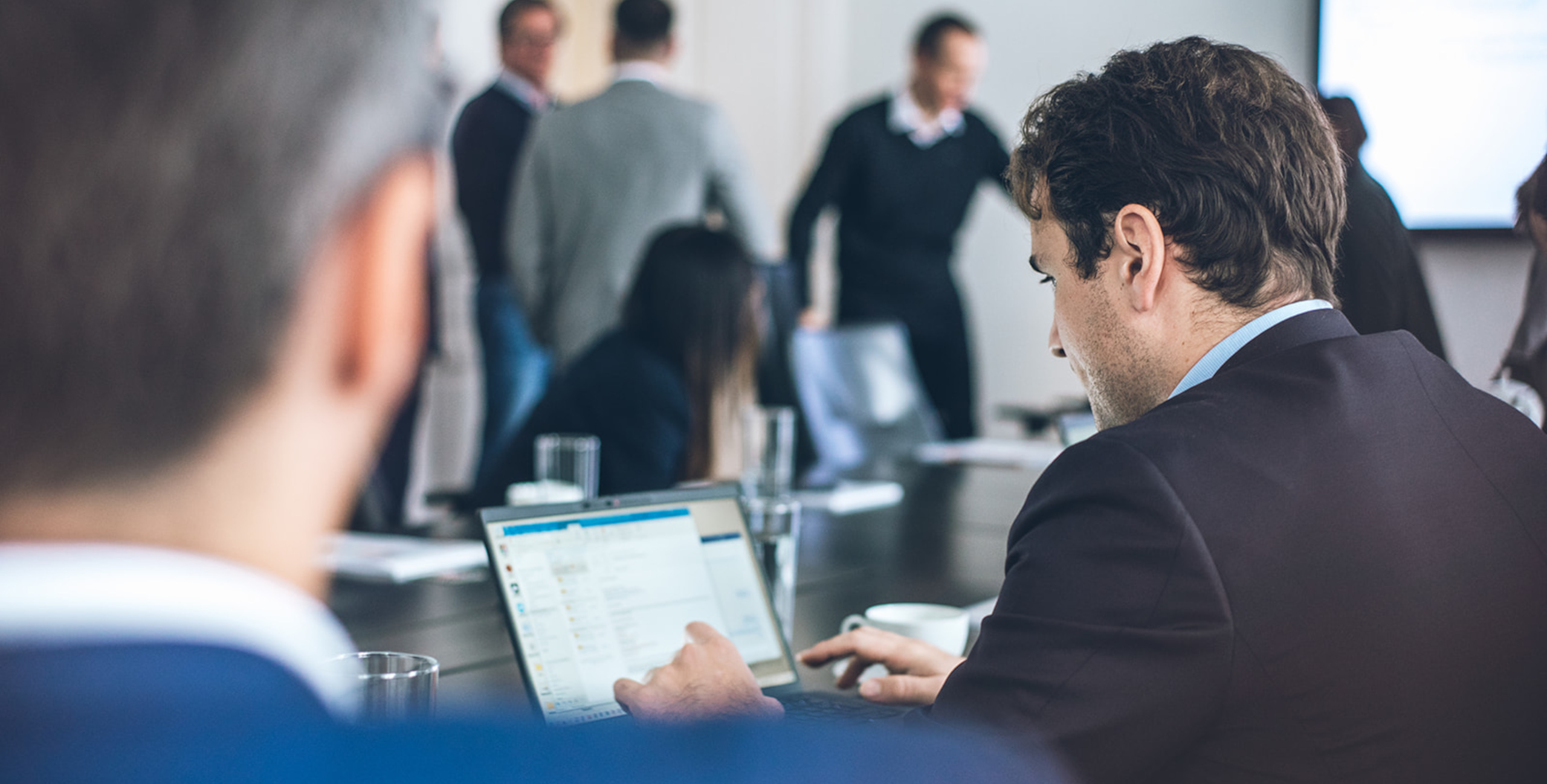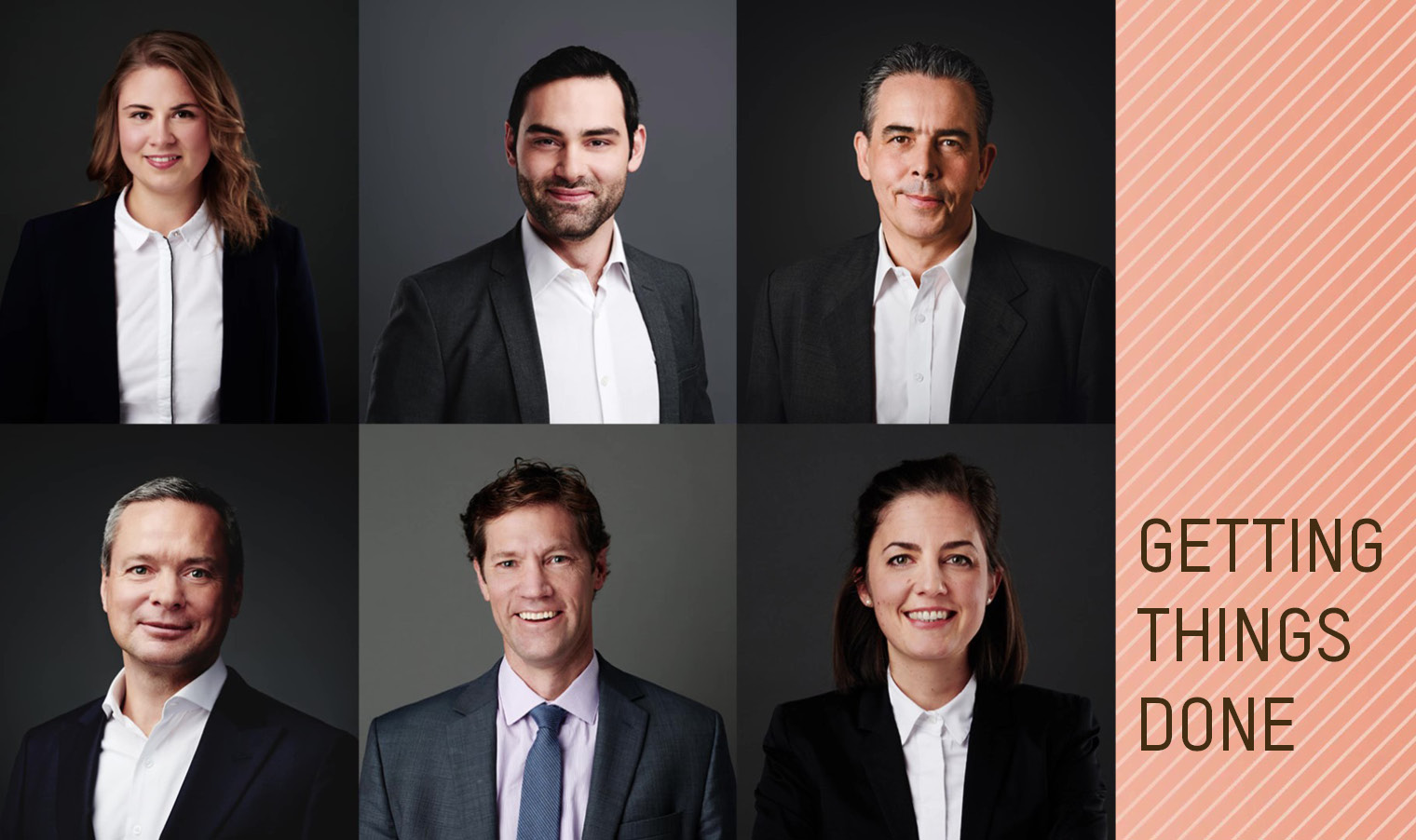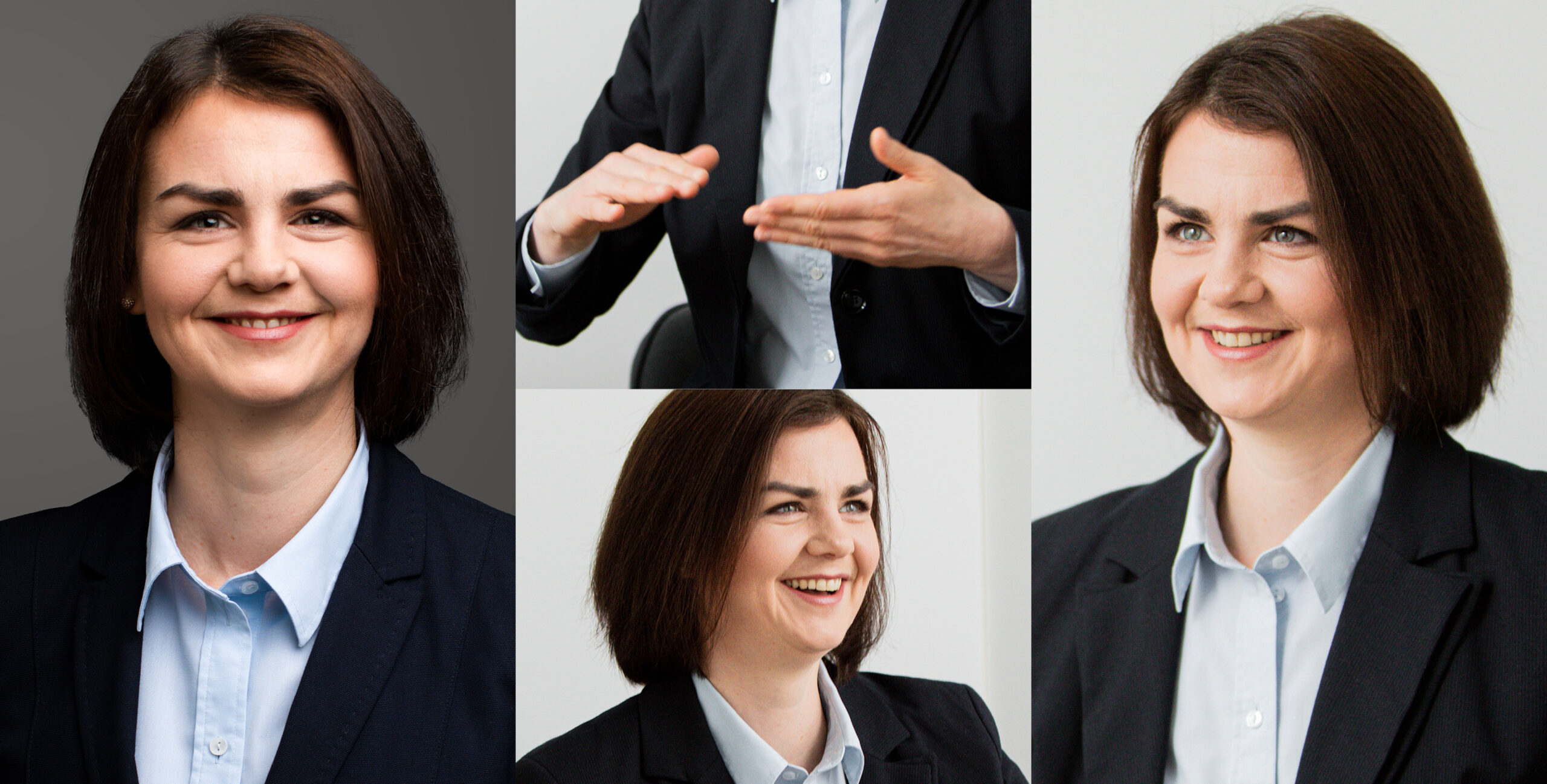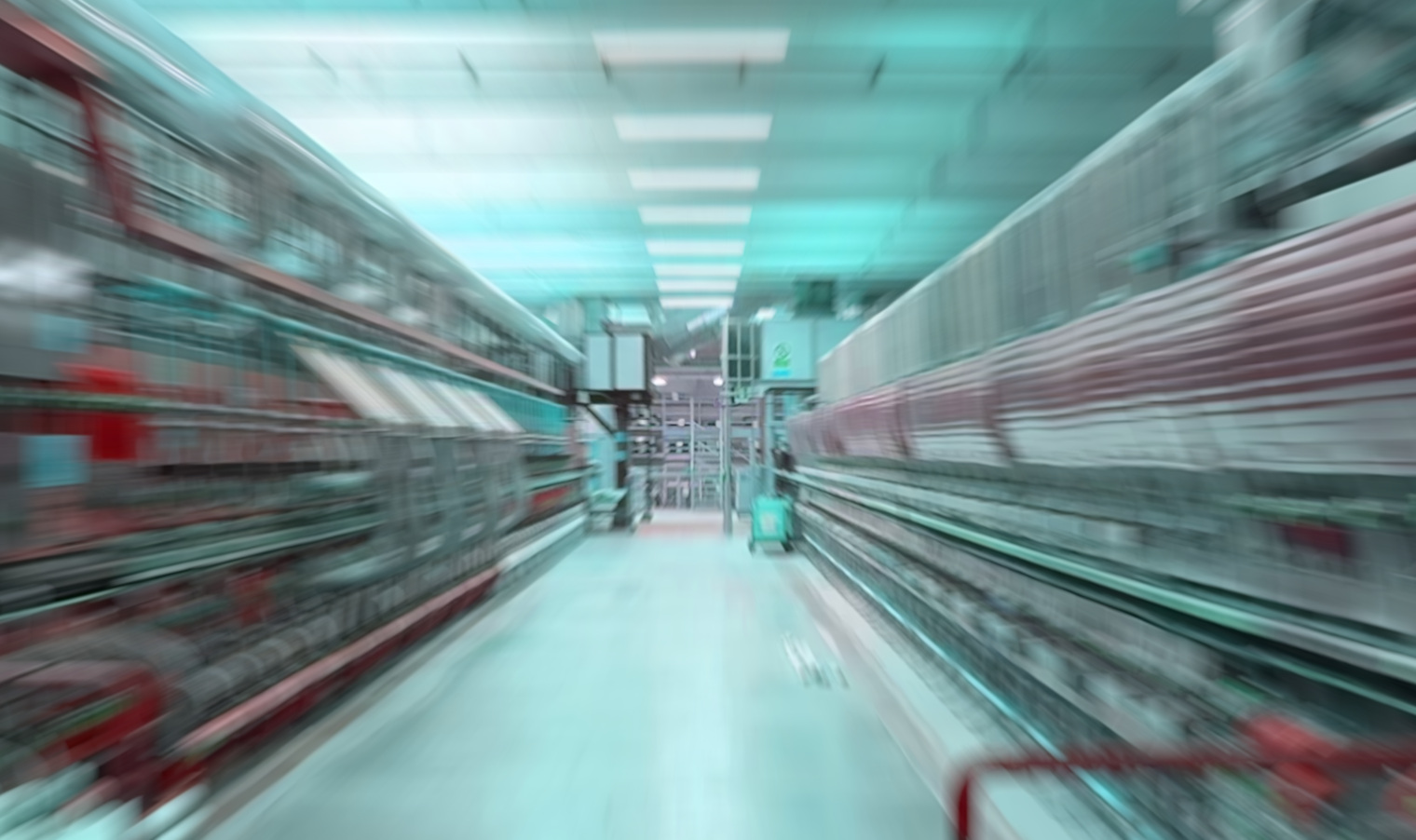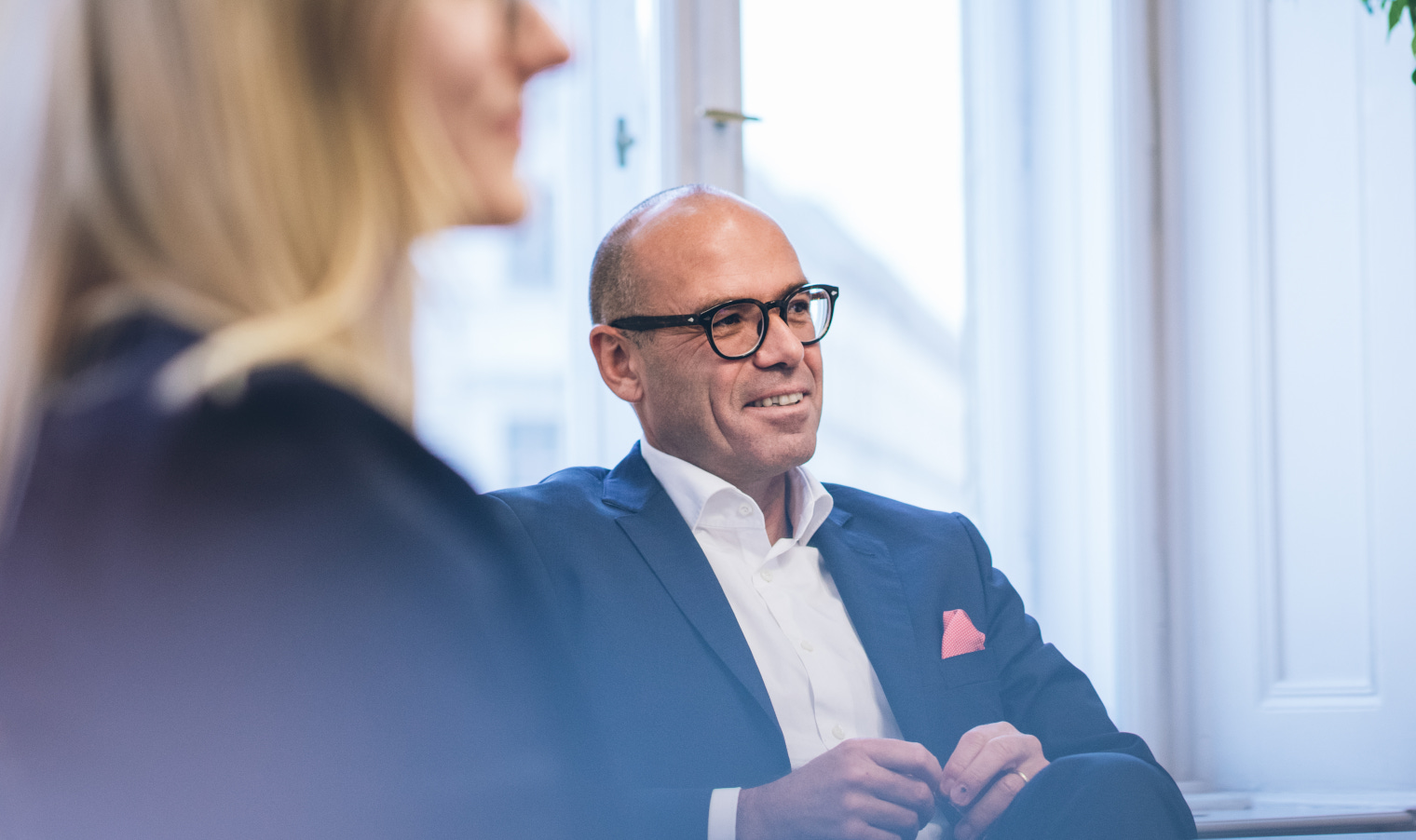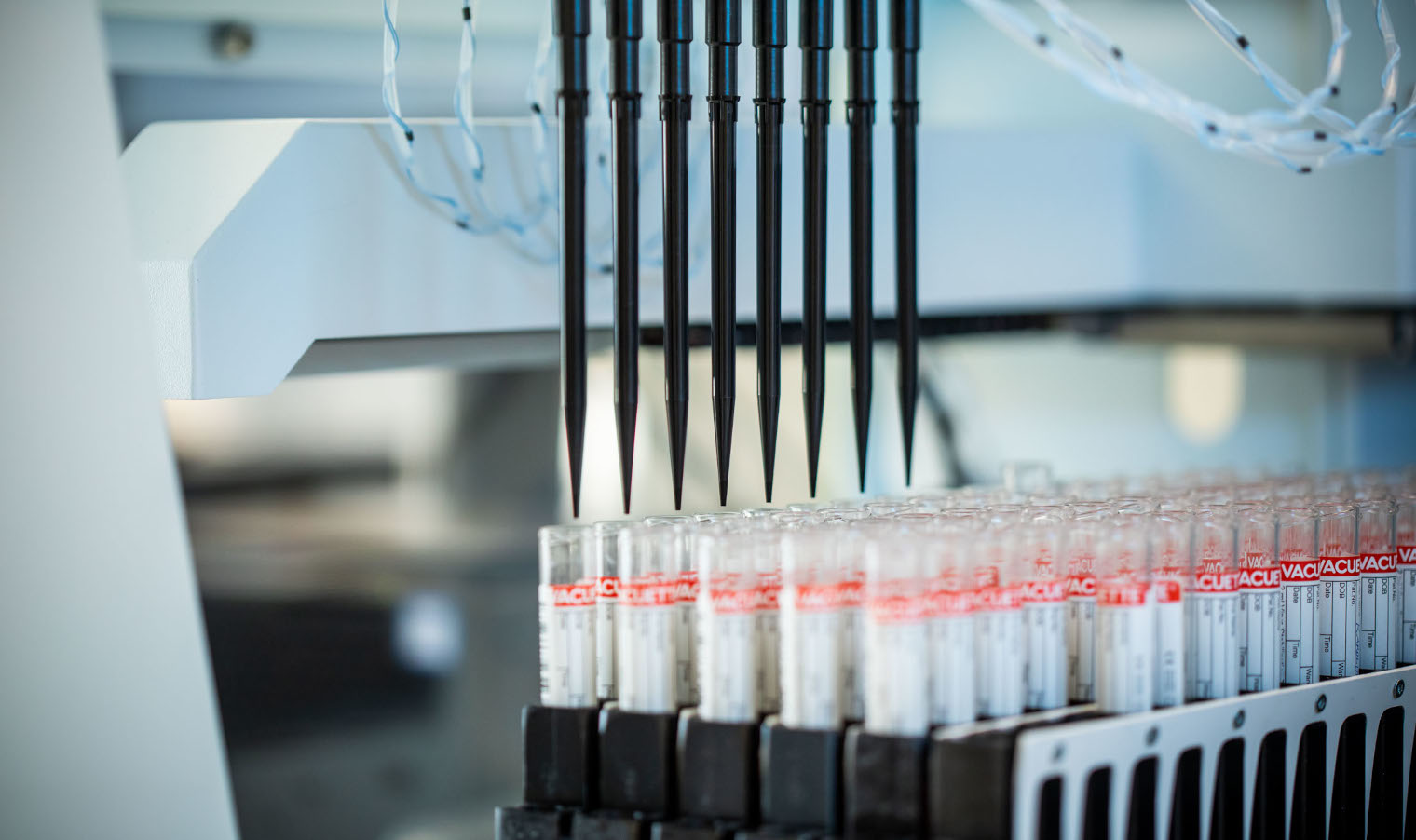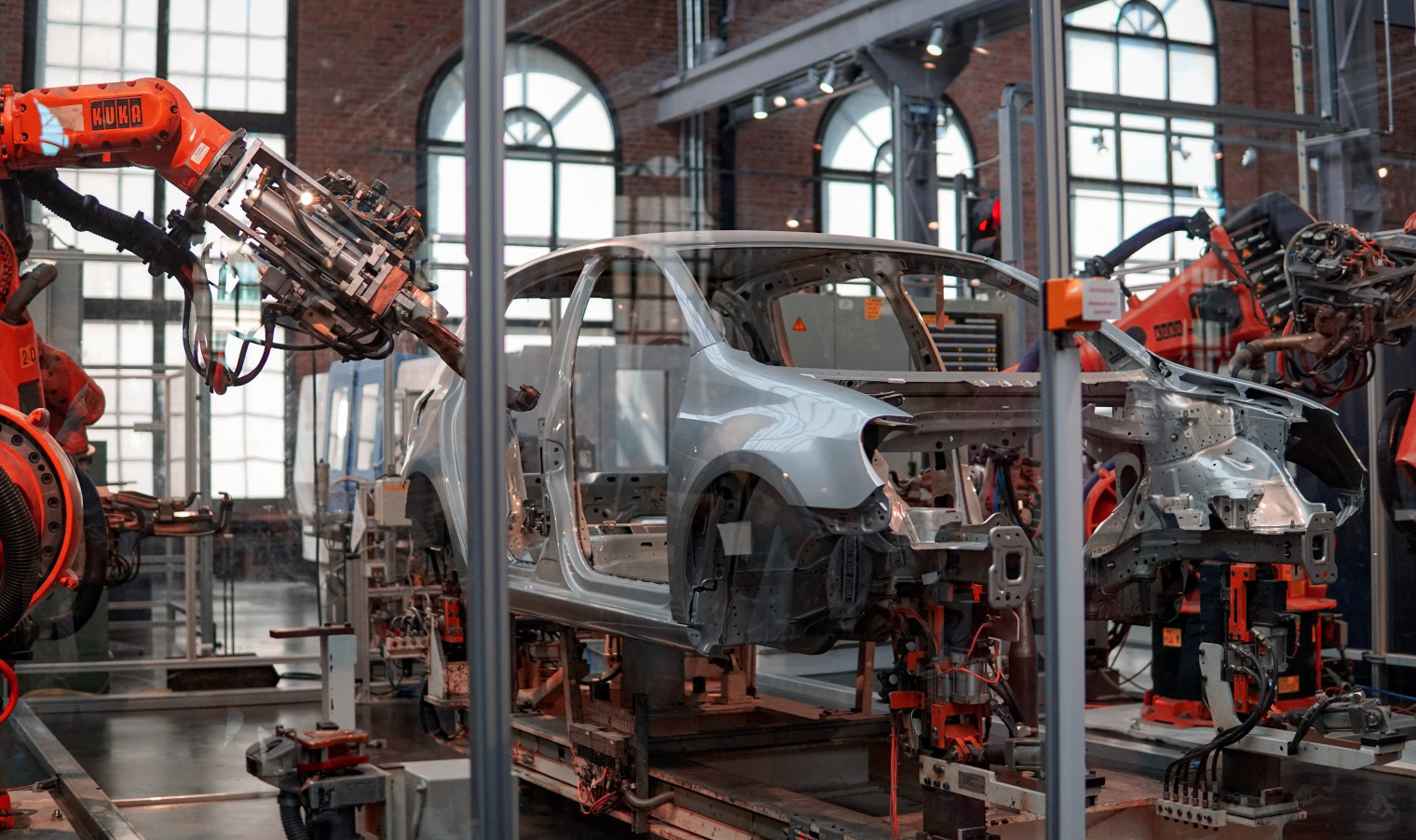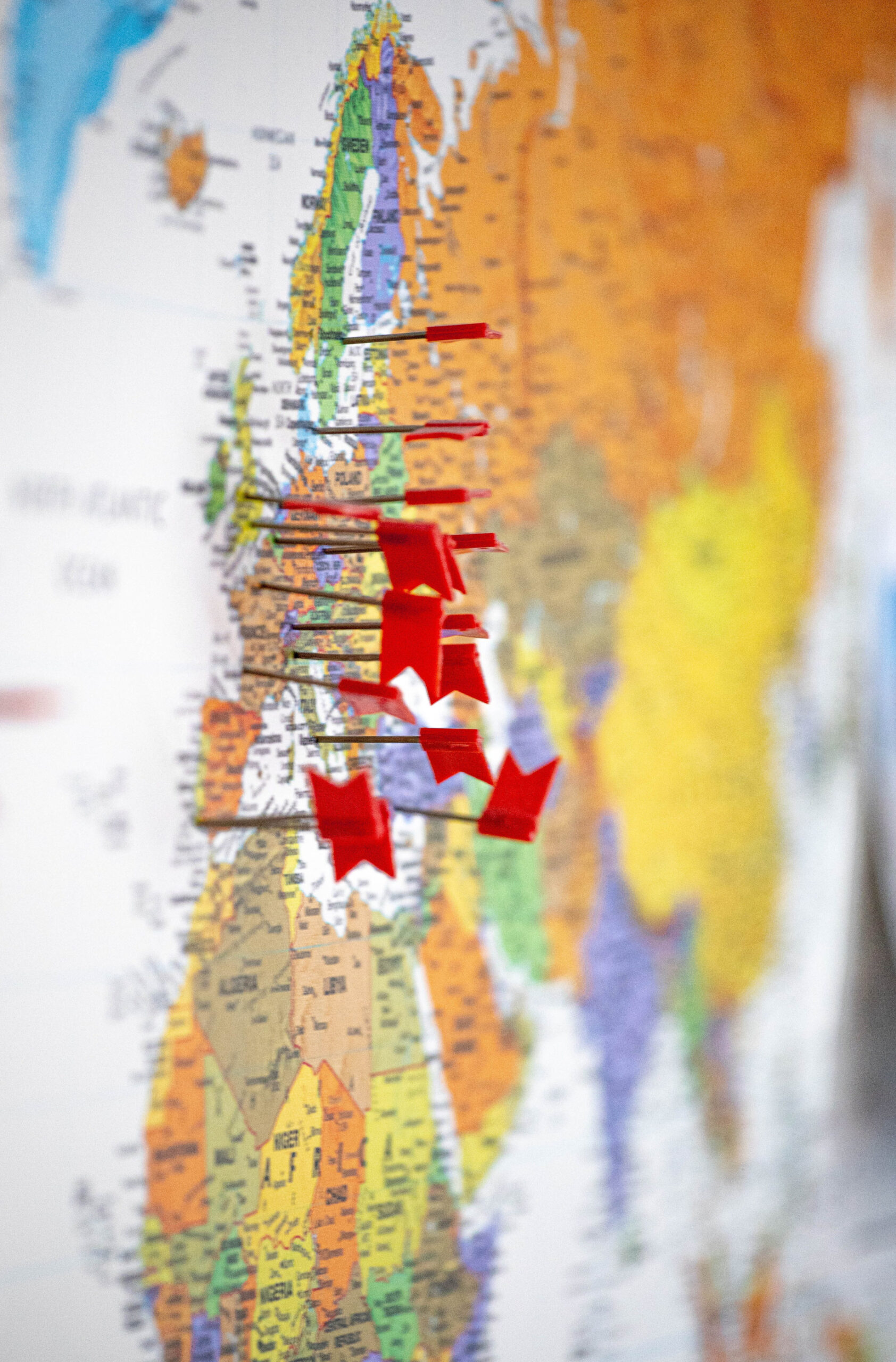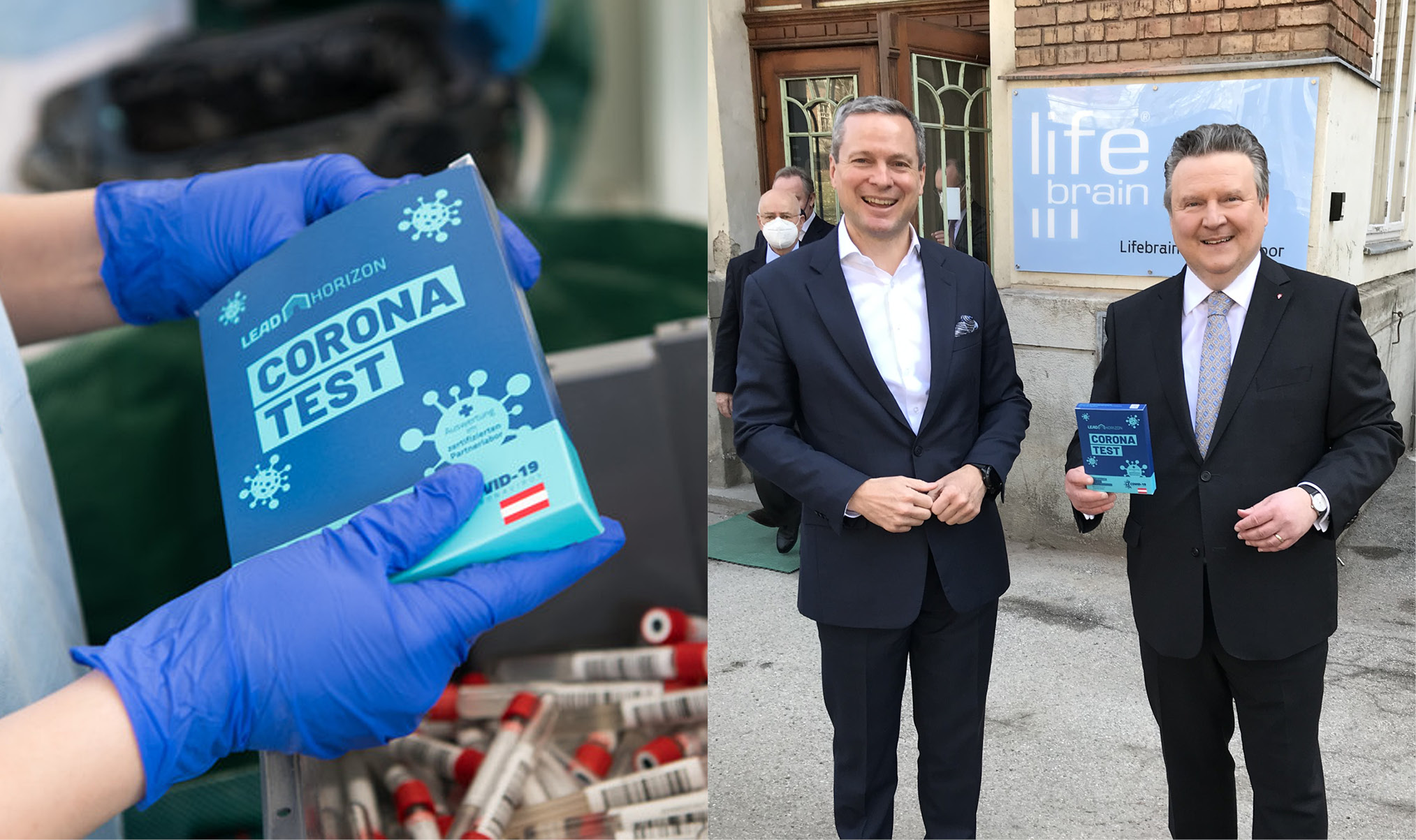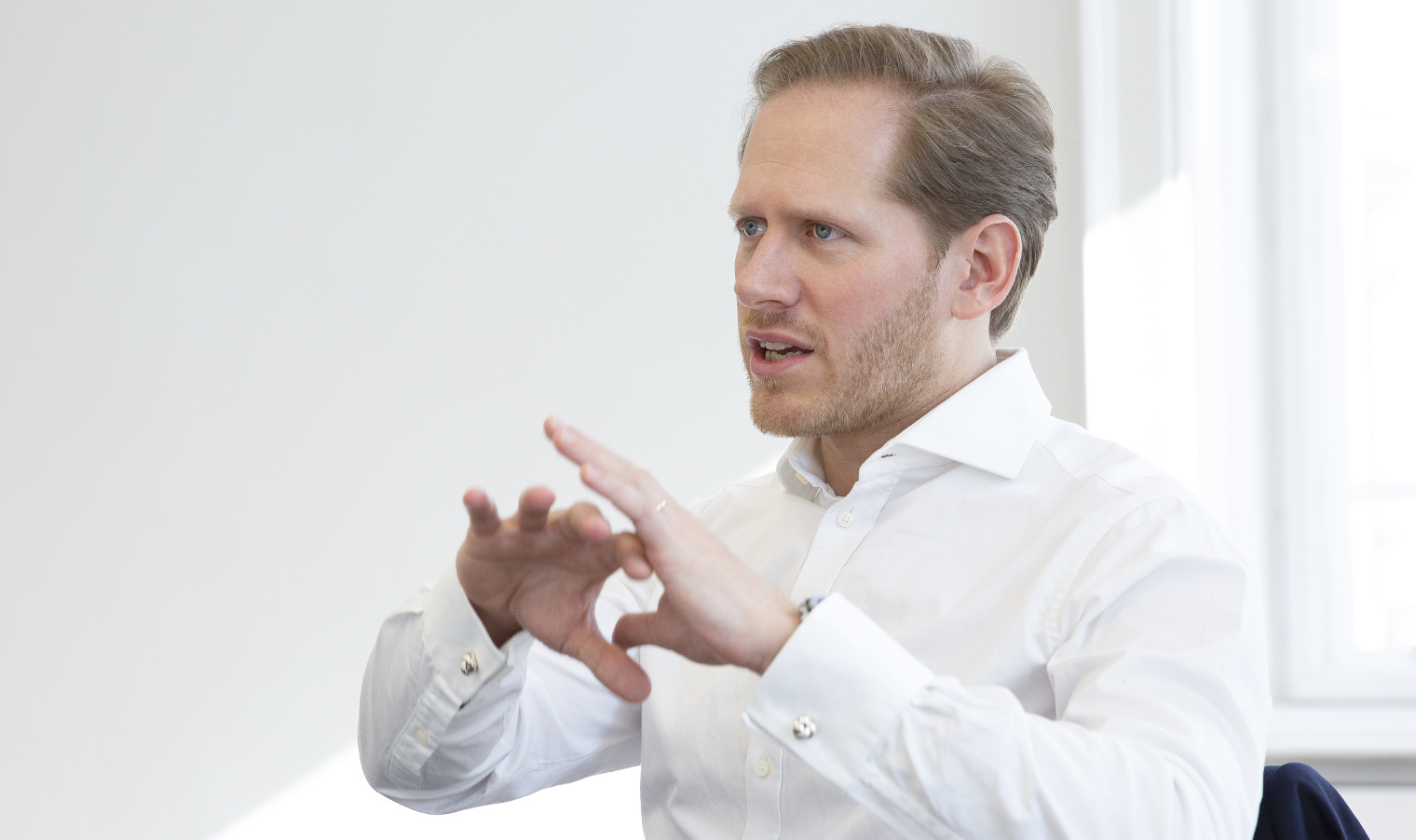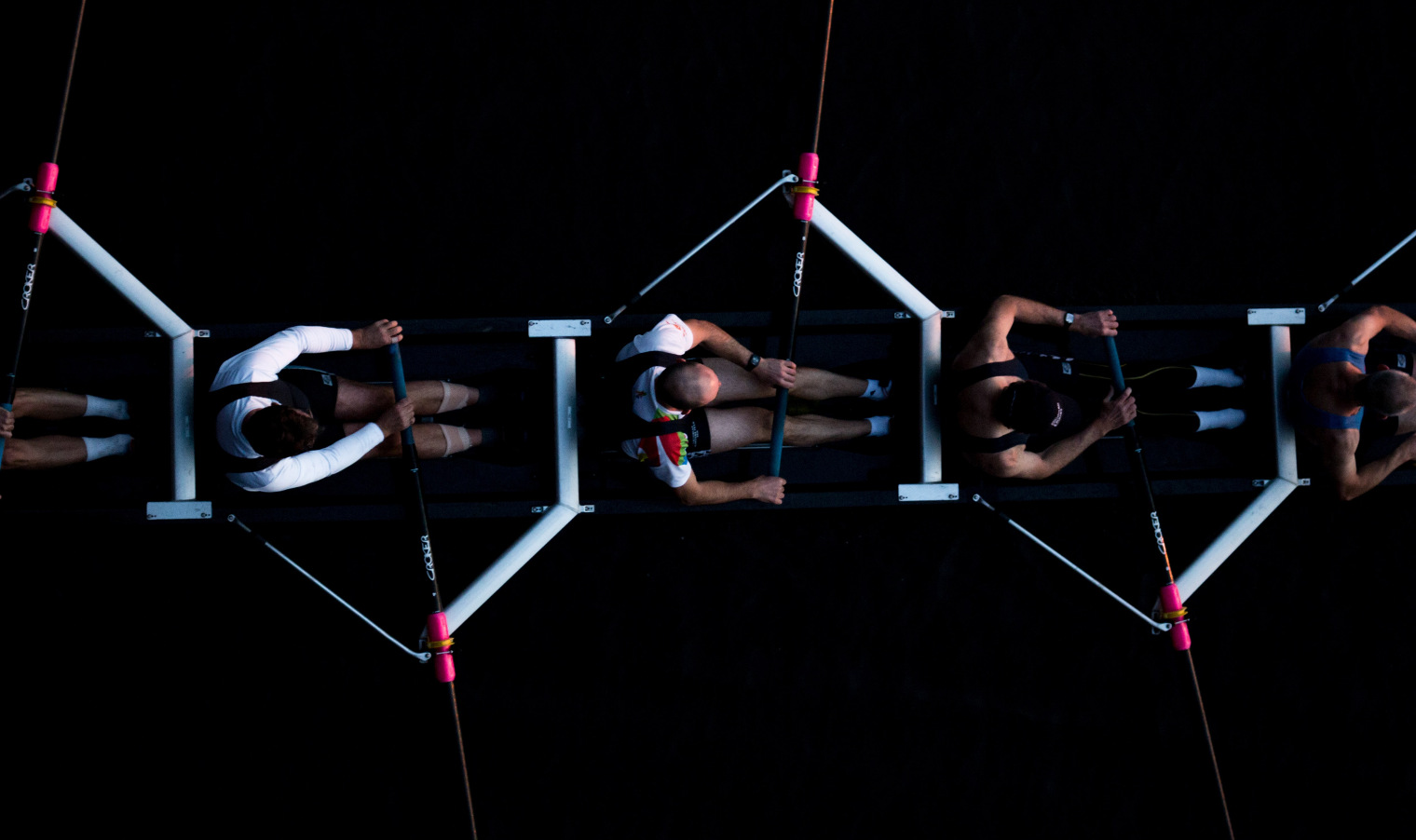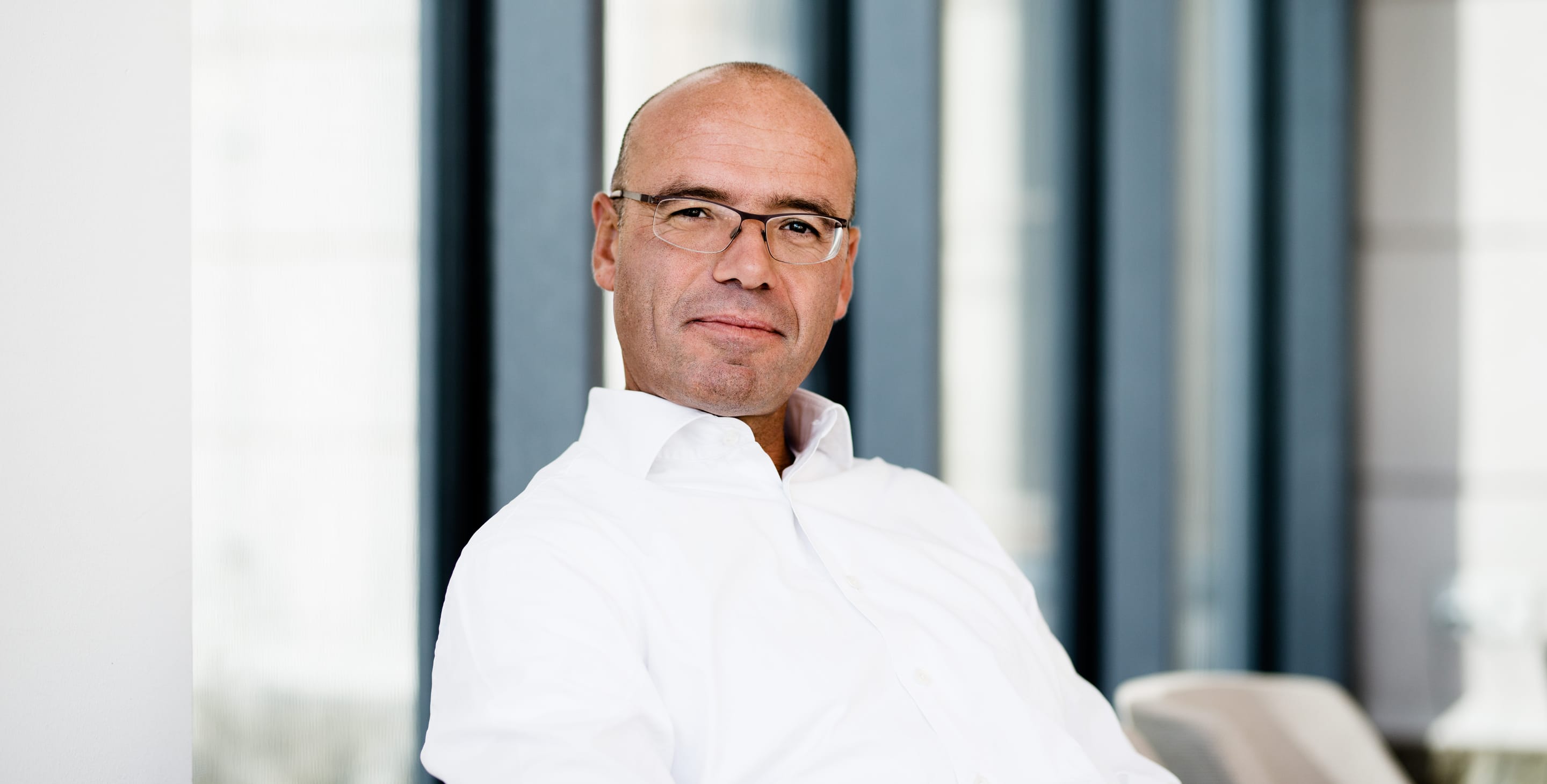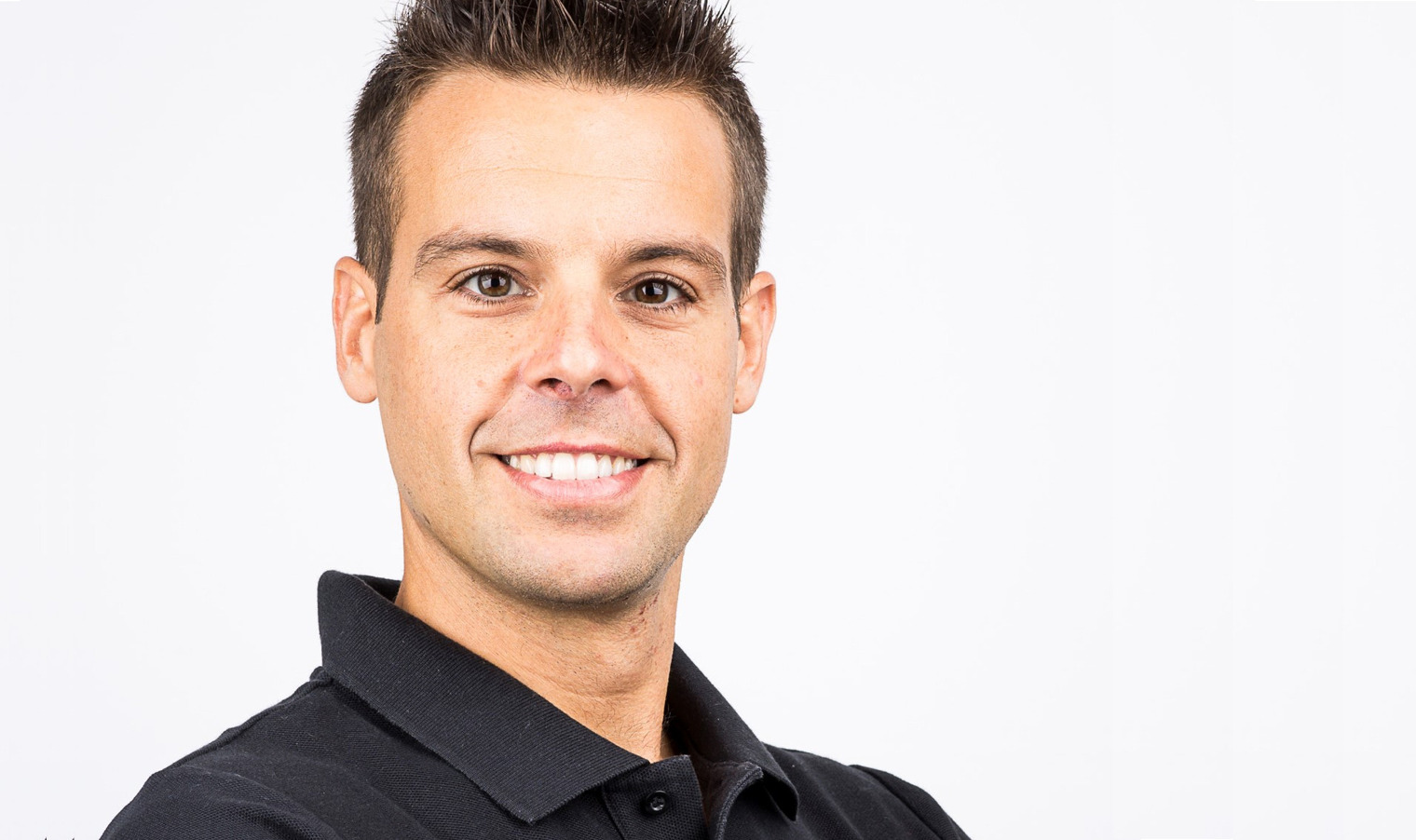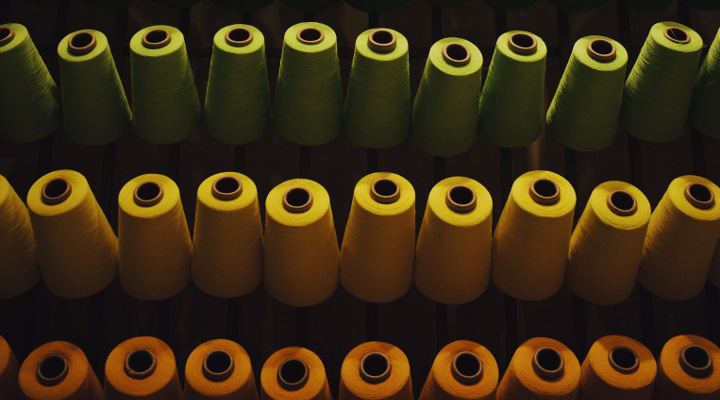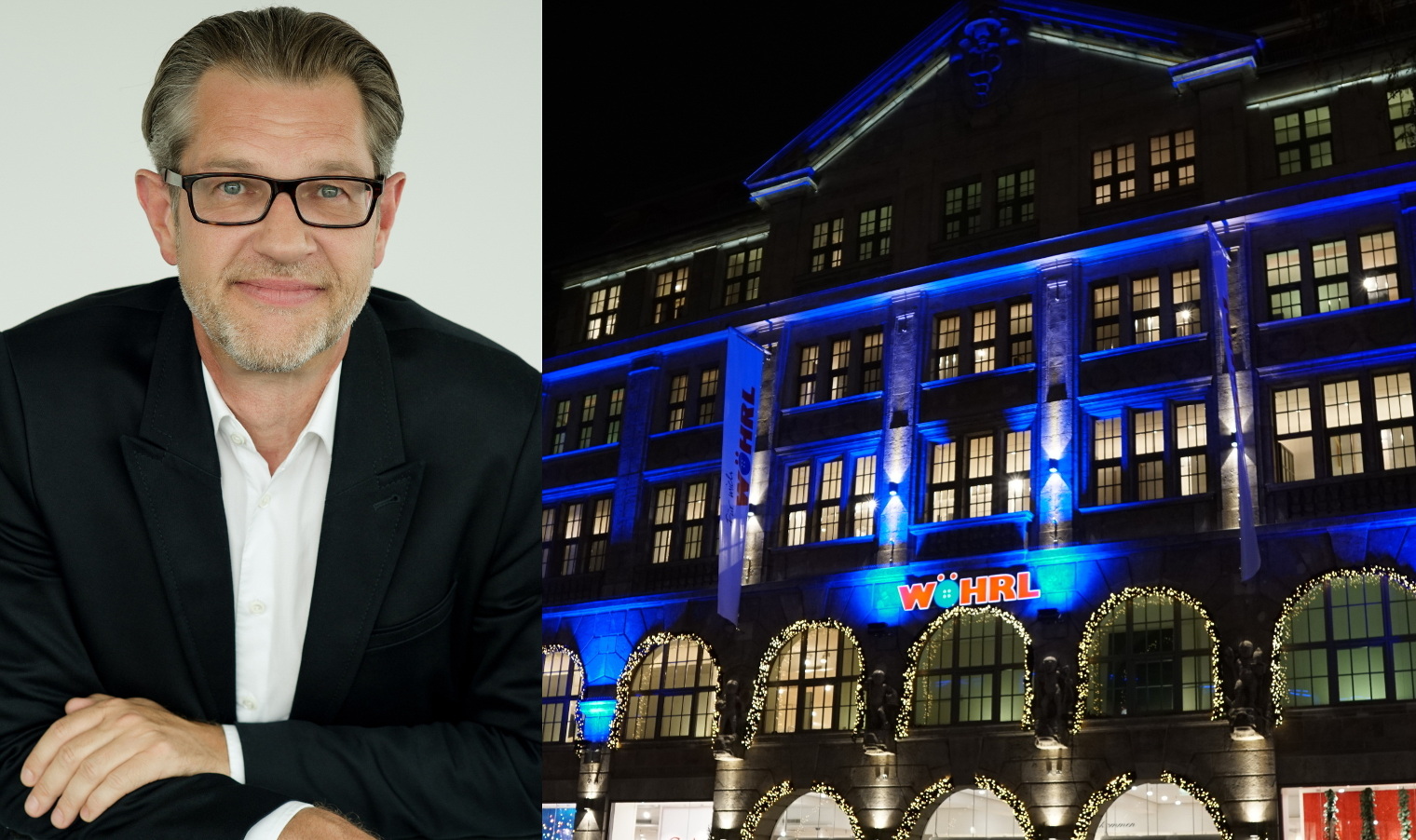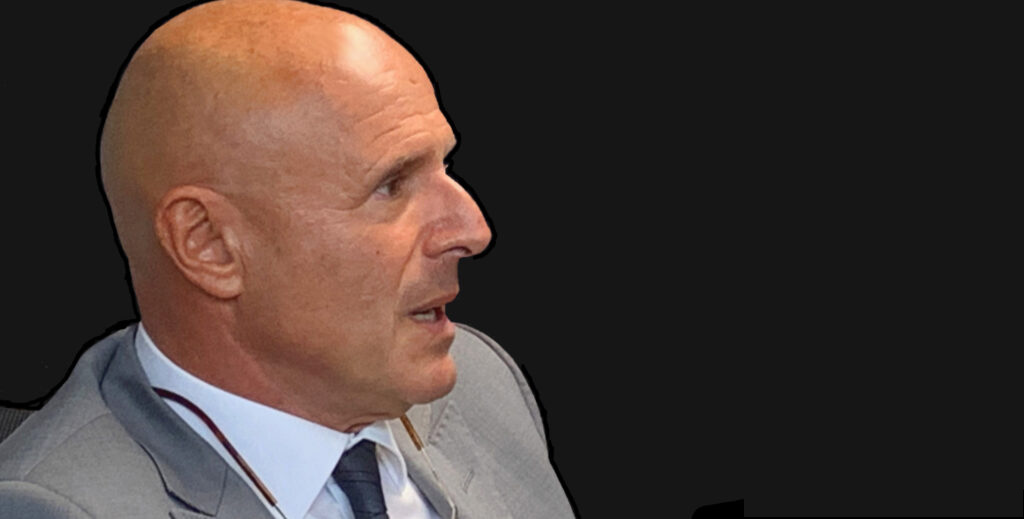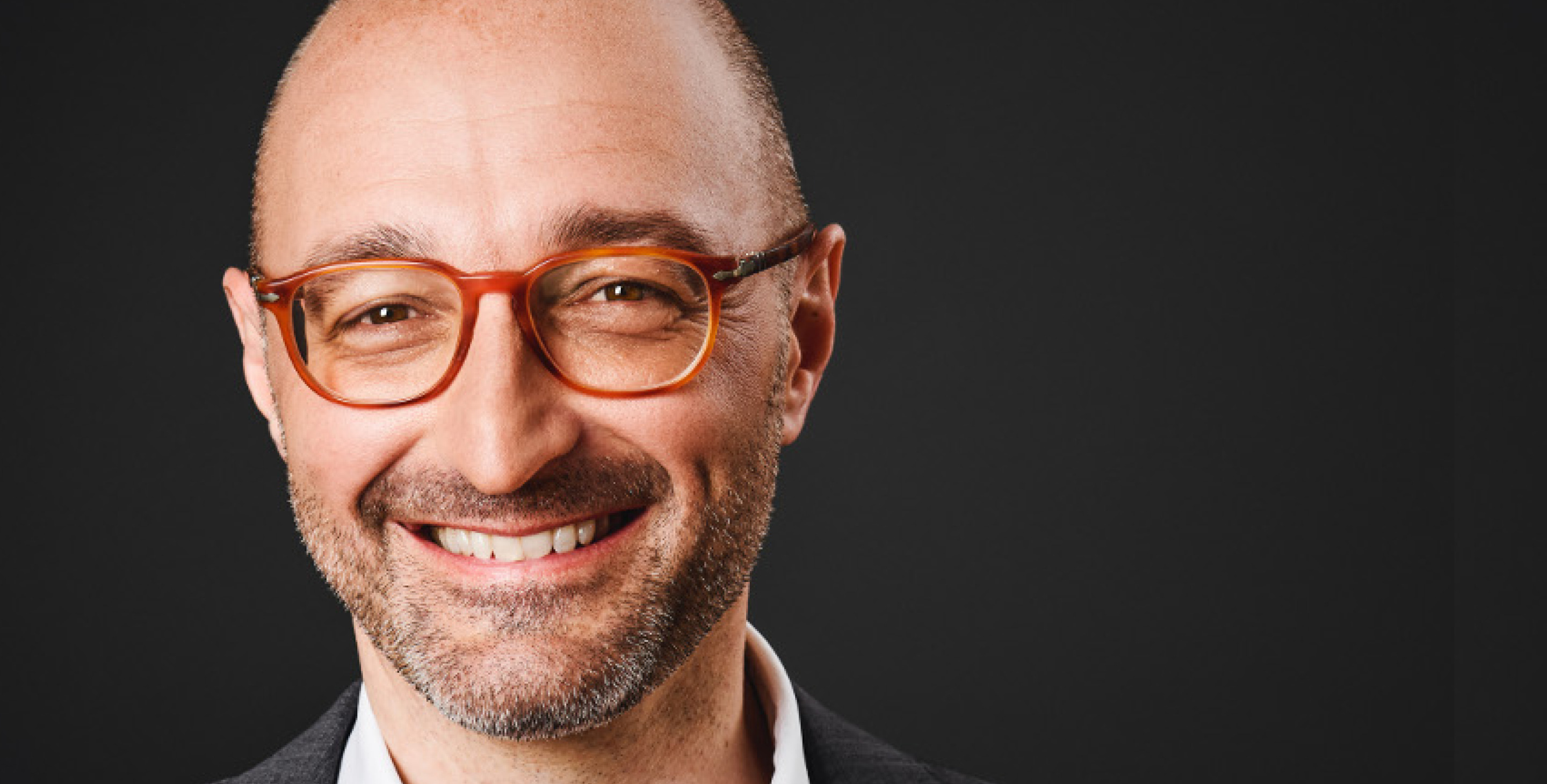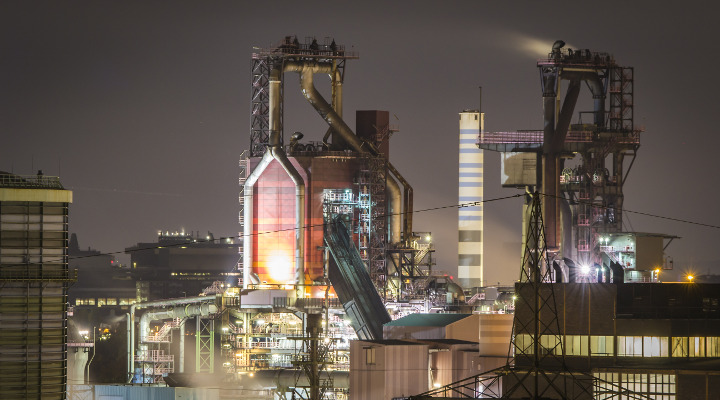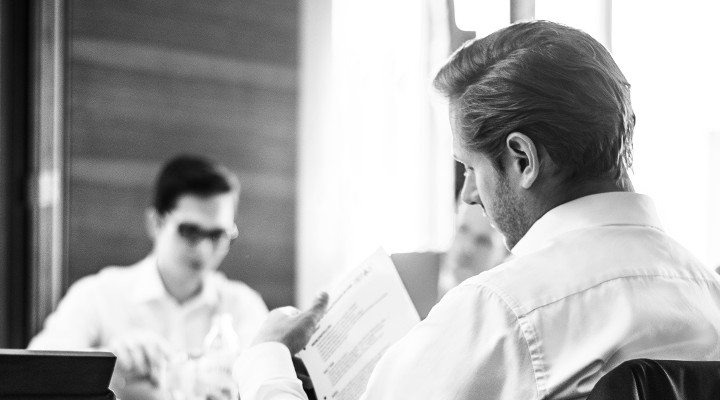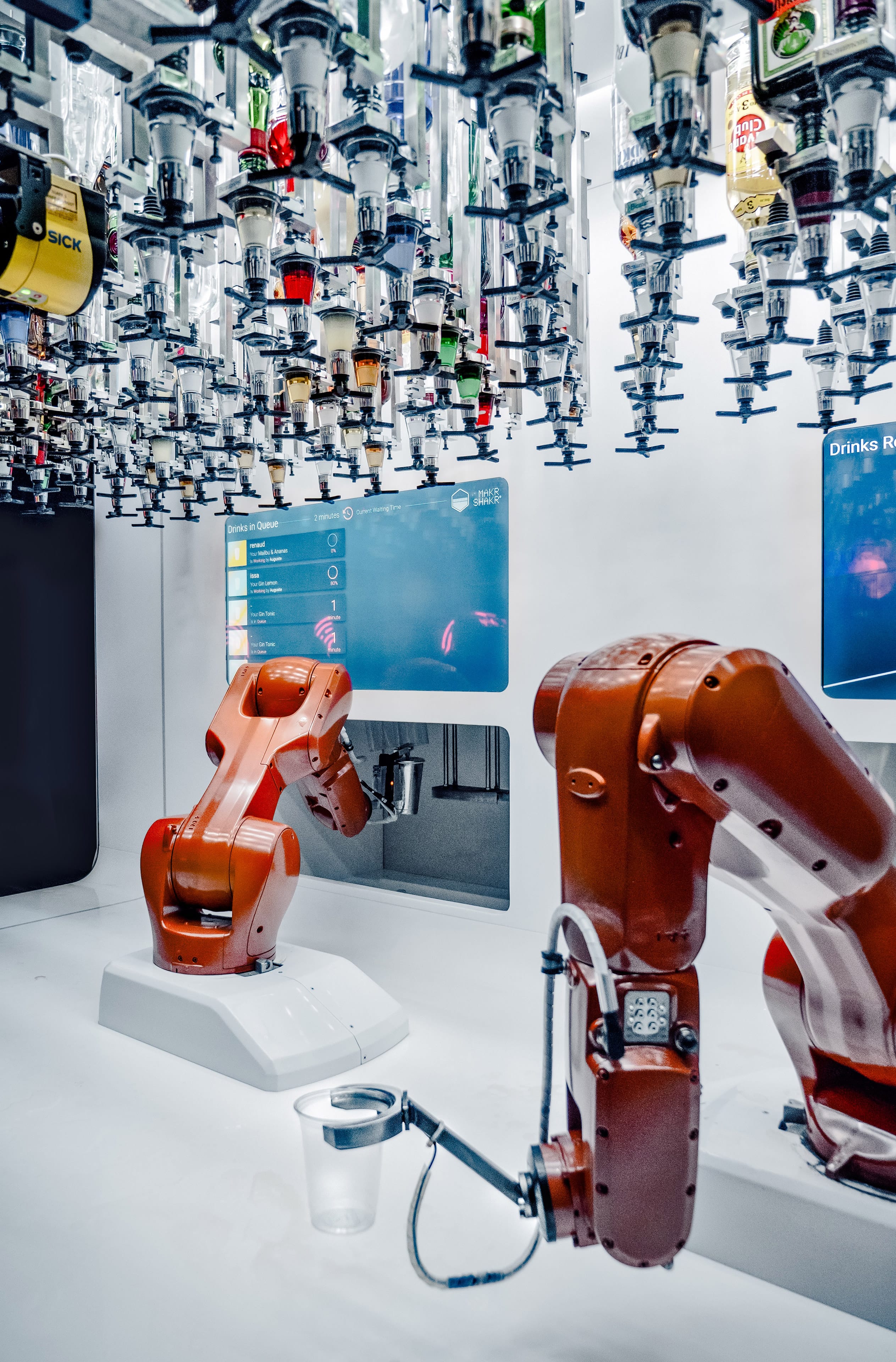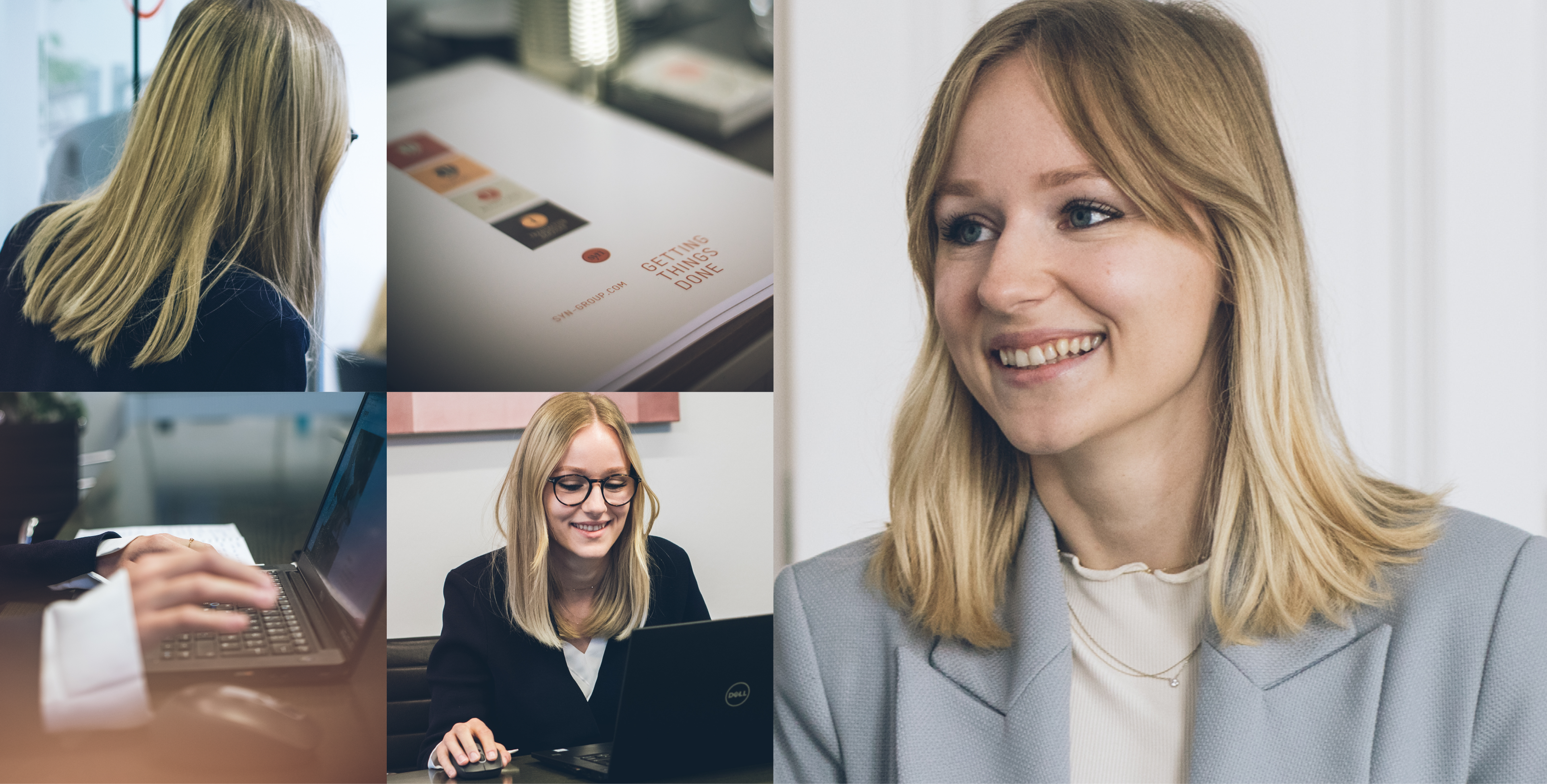
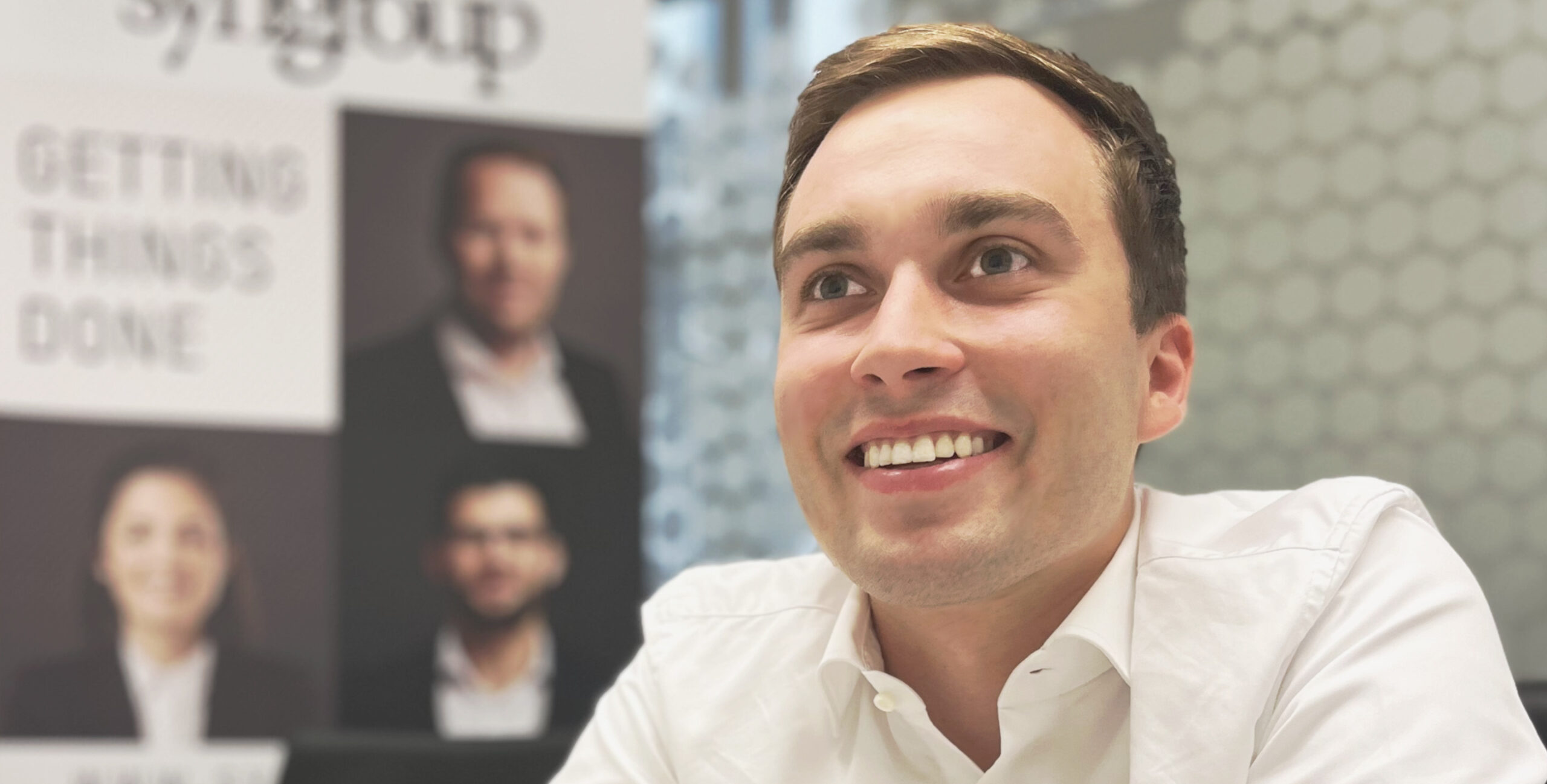
Petroleum Engineering in Leoben, in the master’s program I specialized in geothermal energy.
In retrospect, definitely. I found it an interesting combination of geology and engineering. And it was all in English, so I met a lot of different people from different cultures.
In the beginning, you focus on what you’re studying – drilling rig, drilling engineer – that’s your goal. Then you look further. Because of the future prospects, I decided to specialise in geothermal energy, a renewable energy, in my master’s program. Nevertheless, the primary goal was to gain professional experience in the industry itself. In the end, that changed a bit: I started working for Syngroup right out of university.
At some point towards the end of your studies, you get the desire to rather gain experience in a broader field at the beginning of your career, which will give you a wider skillset. Even if you want to go back into the industry one day. Your thought is: OK, I have gained this knowledge. If I spend 10 more years deepening my knowledge in this field, at some point I’ll find myself only on one track and my career path will turn out to be quite one-dimensional after all. Many consider the idea of going into consulting in the beginning, so that they can later move up the ranks in their area of expertise more easily, because they’ll have a multi-faceted toolkit of hard and soft skills.
Firstly, via my fellow student Christian (Christian Wimmer, note). He told me about the COVID project and that then really caught my attention.
.
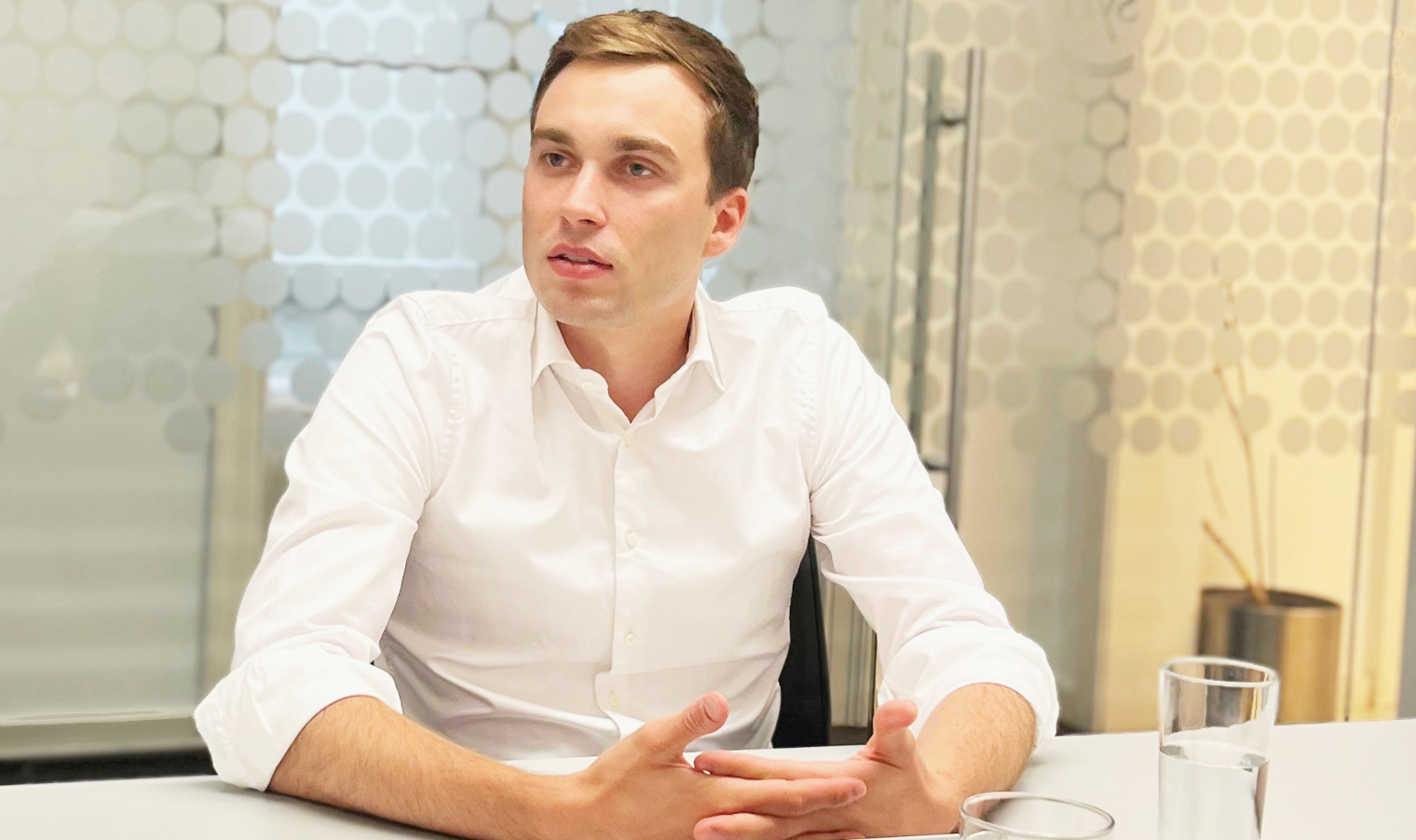
Quite short notice (laughs). I was on vacation actually. Christian called me and said they were looking for people for an interesting project. He asked me if I could do an online interview with Heinz Marx at short notice.I said yes, and the first interview went really well – we liked each other right away. Soon after I got to know the Team on the “Baumgartner Höhe”.
You can say that I worked longer for the client than for Syngroup. And you do experience the company culture through the project team. Yet I didn’t have contacts at Syngroup outside of the project team until relatively late, that’s true. QBRs (regular team meetings, note) and various training courses are of course important points of contact where you can exchange ideas with colleagues outside the project team. I would also advise everyone to search for contacts who are not direct stakeholders before starting at a company, so that you can gather honest impressions.
The project itself was definitely a big selling point why I came to Syngroup so quickly. At that time, the restrictions imposed by COVID were much higher and being able to help (i.e. to do something useful), was surely a significant aspect.
That’s true, but it’s important to me. You can see that in my degree program. I started with petroleum engineering – oil production – and then decided on more sustainable options in my master’s degree. And Syngroup has various clients where you can definitely push the sustainability issue and follow it up. In summary, initially the project caught my interest and I then gradually got to know Syngroup.
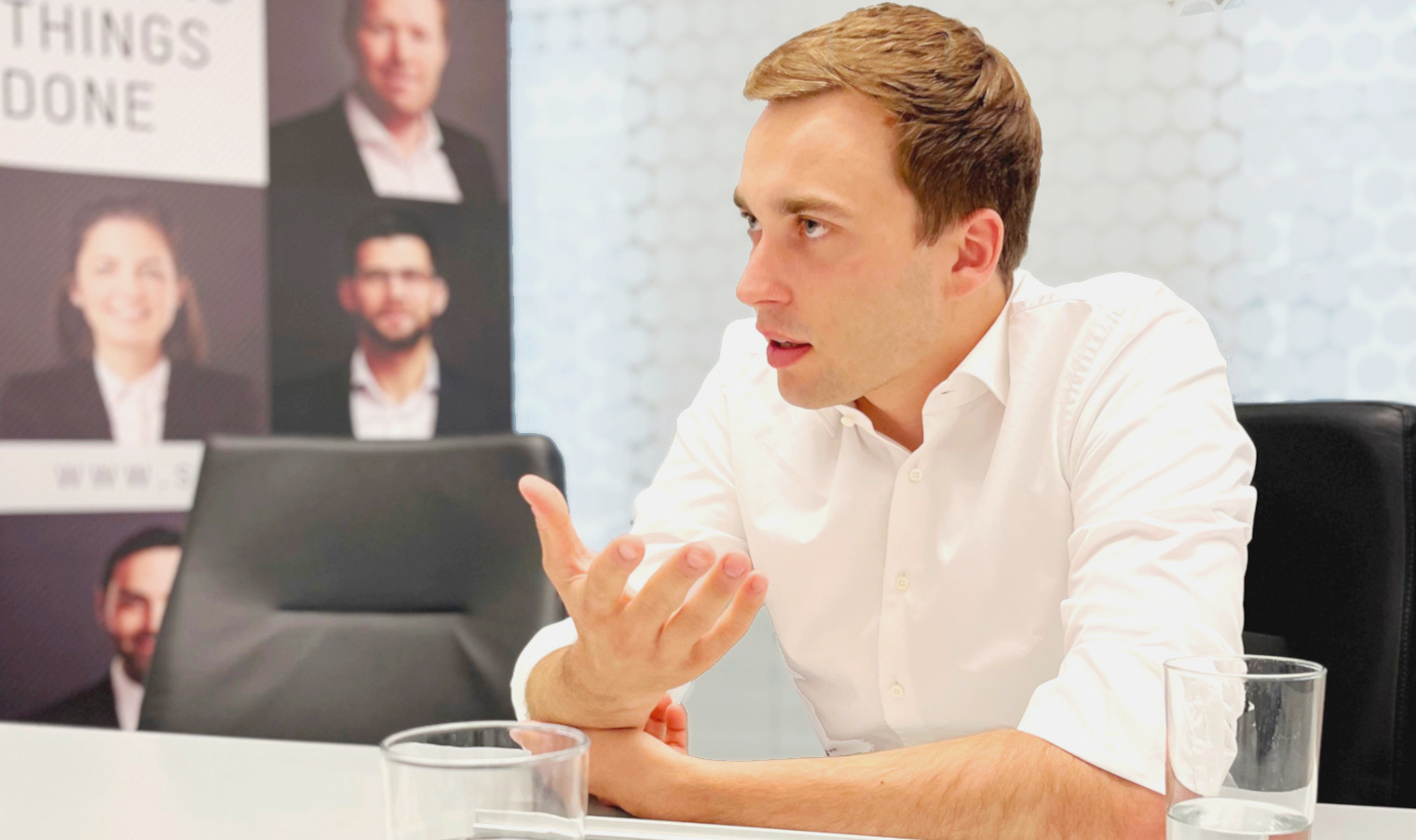
That’s not always entirely predictable, but basically I’ve worked my way into a fixed position in the Operations area of the project. I spend a lot of time in direct contact with the customer in the lab. The offices of the leading positions are located in a laboratory area. I really wear white there and have worn more lab clothes than suits in my career so far. The purpose is to create a connection with the client. If I were to wear a suit in the lab, there would be an immediate distance. That is certainly an issue with other clients and projects as well.
You do your data analyses, which are often quite short-term, when someone has a new idea or when there is a process change. The bottom line is that in the lab area, you sell your own analyses and ideas to the customer. It seems quite unique to me to receive the trust of management positions as a newcomer, not only to work in the background but also to sell your own work. It’s cool to have direct sparring partners with Heinz Marx and Gerald Judmann to discuss the content of your work. You can learn from that, and I’ve heard that it’s not like that everywhere. The two of them are also operationally very involved, giving feedback and information, questioning decisions I make, which I then have to defend and argue. That’s fun.
Of course, there also comes a time when I say I want to develop personally, I want to expand my existing hard and soft skills. That’s one of the reasons why people enter consulting, to get to know different projects. On the other hand, hardly anyone – myself included – enters consulting to stay for 20 years. Of course, it’s exciting that you can progress relatively quickly. Career talks are held every six months. Especially within the project team, but generally in the company, you have an extremely high exposure due to the number of consultants. With sparring partners, even at the partner level, you can develop and advance quickly. In other industries, the time factor plays a much bigger role. You just have to be aware and like the fact that the consulting environment brings a certain amount of pressure with it. If you can cope with that, it’s certainly the right way to go. Later in your career, you can always slow down.
Of course, it is also an issue for me. It’s probably clear to everyone from the outset that you work more in consulting. At the same time, I believe that the work-life balance at Syngroup is still good compared to other companies. Even in this project, it depends on the phase. We have had phases where that balance was rather off, but less stressful phases to compensate for those exist as well.
Not from my direct environment or from my fellow students. Of course, some people draw a line and for them free time is sacred. But yes, I think it also has something to do with my studies, which in themselves require a more-work attitude: I want to continuously educate myself and not accept a job where I can’t keep learning in the same pace as before. Everyone who completes a field of study probably also has the demand to keep developing him or herself.
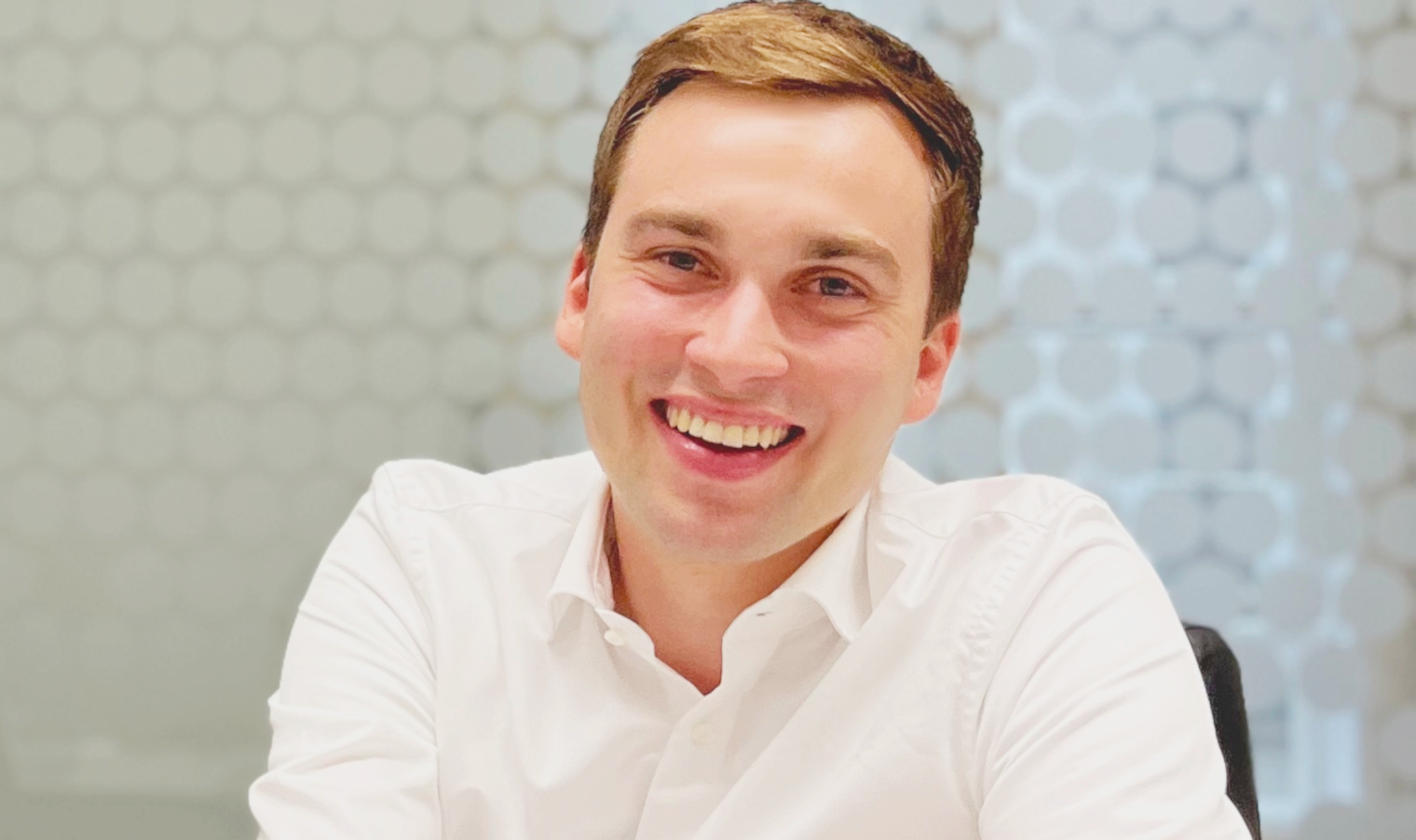
It is a very diverse project because we have roles in stark contrasting areas. For the most part everyone has his or her general area that he or she supports. For me personally, the long-term goal soon crystalized into aiding to build Austria’s, if not Europe’s, largest COVID laboratory. Starting from scratch. Of course, this has different facets. Project management, interim management, support in day-to-day business in various areas, to name a few. But basically it is “classic Syngroup” – setting up and improving processes. What is unconventional, however, is that we also developed the process in a classic “green field” environment, from individual machine planning to basic process planning, from project management, to managing machine installations, creating new roles for employees, and so on. That’s cool.
And always continue testing and quickly implement changes as new requirements come in. It’s always extremely refreshing when new colleagues arrive and take a look at the whole thing from the outside. As the people who developed the process, we ourselves are already in the line. People from the outside see it from a completely different perspective and ask trivial questions that get you thinking again – extremely interesting.
It’s also extraordinary that our client is always open to simply testing new suggestions. This is real teamwork with the client, working together towards a goal and not just presenting analyses of what could be improved. The cool thing about process consulting is that you feel the impact directly. On a much shorter-term than with strategic projects.
Definitely! I believe that this is one of the reasons why there is an above-average number of technicians and engineers at Syngroup. Because of this background, we have the claim to directly see the impact of our actions. This brings us back to the Syngroup corporate culture, which I got to know on the project and which is evidently lived in all areas of the company.
Yes, of course, in the area of expertise from which I come – renewable energy, energy transition, climate change, as we are now experiencing with heat waves. I am not completely opposed to the industry in my field of expertise. I believe that this is precisely where we can have a huge impact in the future. The difference has to be made in industry, which is where the greatest leverage lies.
Basically, always where it is particularly necessary at the moment, for example the COVID crisis.
To continue to ensure an environment in which I could develop as I have in the past.
Solve a wide variety of problems and find solutions even under pressure.
Thinking in a solution-oriented manner, communication skills and persuasiveness.
Convincing through sympathetic but fact-based argumentation.
My good mood even on longer project days.
Variety, new challenges every day and finding solutions in a team, getting to know yourself and the others.
Our credo we are working towards.
